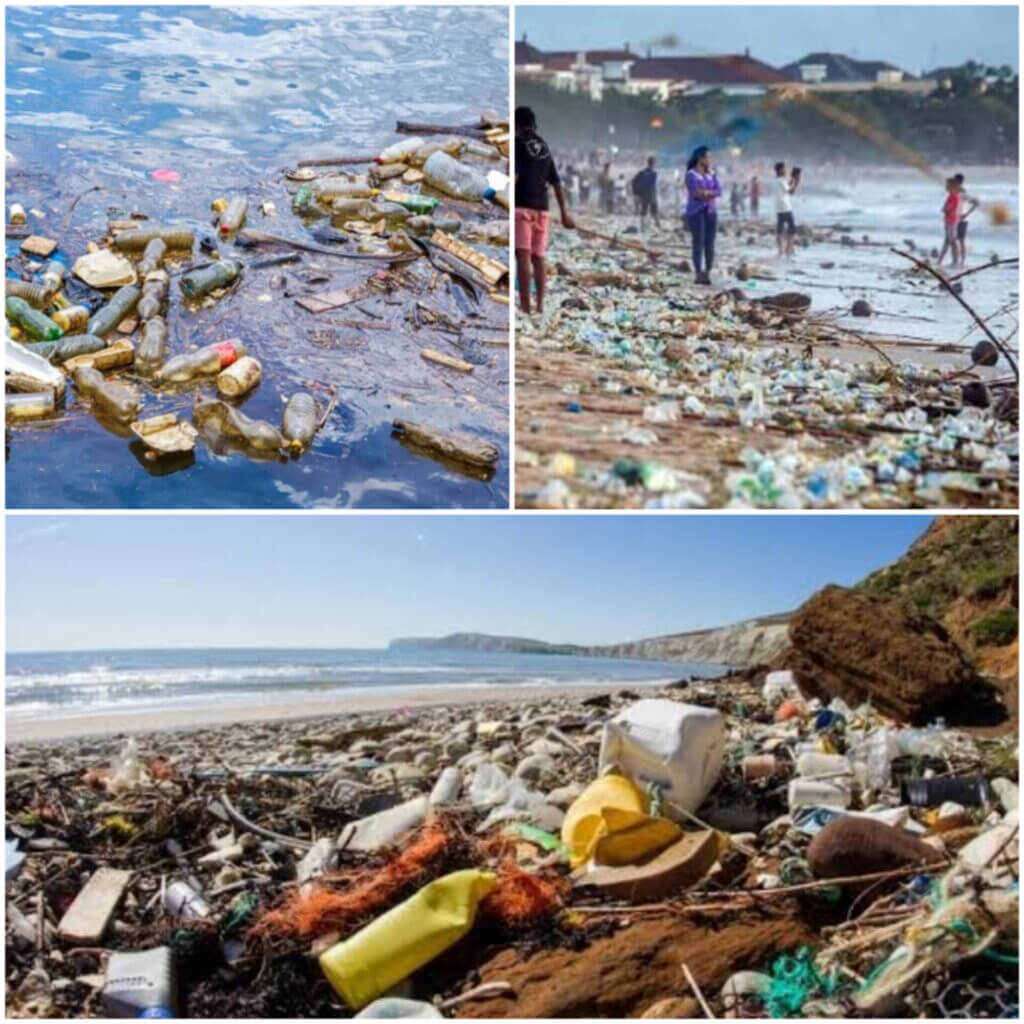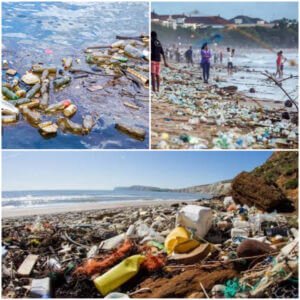Top 10 Ocean Plastic Waste Polluters

1 . Philippines: ![]() ;-35.2%
;-35.2%
2 . India ![]() : -12.5%
: -12.5%
3 .Malaysia ![]() : -7.2%
: -7.2%
4 .China : ![]() ;-7%
;-7%
5.Indonesia ![]() : -5.6%
: -5.6%
6.Myanmar ![]() :- 4%
:- 4%
7.Brazil ![]() : -3.7%
: -3.7%
8 .Vietnam![]() :- 2.8%
:- 2.8%
9.Bangladesh ![]() :- 2.4%
:- 2.4%
10.Thailand ![]() : –2.3%
: –2.3%
Ocean Plastic Waste Polluters
Plastic pollution has become a global issue with significant ramifications for our oceans and marine life. Every year, millions of tons of plastic waste end up in our oceans, causing severe harm to the delicate balance of marine ecosystems. While efforts are being made to address this crisis, it is crucial to identify and acknowledge the main culprits behind ocean plastic pollution.
- Single-Use Plastics: One of the primary contributors to ocean plastic waste is the vast production and consumption of single-use plastics. Items such as plastic bags, bottles, straws, and food packaging are used for a short time before being discarded, often irresponsibly. As these items are lightweight and easily carried by wind and water currents, they end up in water bodies, eventually breaking down into microplastics that contaminate the marine environment.
- Irresponsible Waste Management: Inadequate waste management systems and improper disposal practices significantly contribute to the problem. When plastic waste is not disposed of properly, either through littering or inadequate recycling facilities, it can find its way into rivers, which act as pathways to the ocean. This not only affects coastal areas but also impacts remote oceanic regions.
- Fishing Industry: The fishing industry is another major contributor to ocean plastic pollution. Abandoned or lost fishing gear, also known as “ghost gear,” makes up a substantial portion of marine debris. These nets, lines, and traps continue to trap and entangle marine life, posing a threat to marine ecosystems. Additionally, other plastic materials used in fishing, such as buoys and packaging, also contribute to the problem.
- Land-Based Sources: Many land-based activities indirectly contribute to ocean plastic pollution. Larger urban centers and densely populated areas are more likely to produce substantial amounts of plastic waste, which can find its way into rivers and eventually the ocean. Stormwater runoff, carrying plastic debris from streets, parks, and landfills, plays a significant role in the accumulation of plastic in the marine environment.
- Lack of Awareness and Education: Another critical factor in ocean plastic pollution is the lack of awareness and education about the consequences of plastic waste. Many people are unaware of the long-term impacts of their actions and the importance of reducing, reusing, and recycling plastic materials. Education campaigns and initiatives aimed at raising awareness can go a long way in mitigating the problem.
Addressing ocean plastic waste pollution requires collective efforts from individuals, corporations, and governments. It involves implementing effective waste management practices, promoting sustainable alternatives to single-use plastics, and investing in research and innovation for the development of biodegradable materials. By tackling these challenges head-on, we can work towards cleaner and healthier oceans for present and future generations.


